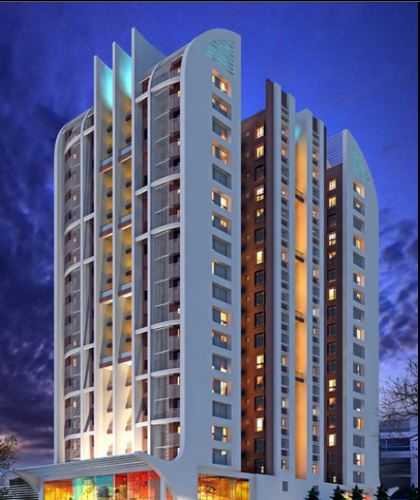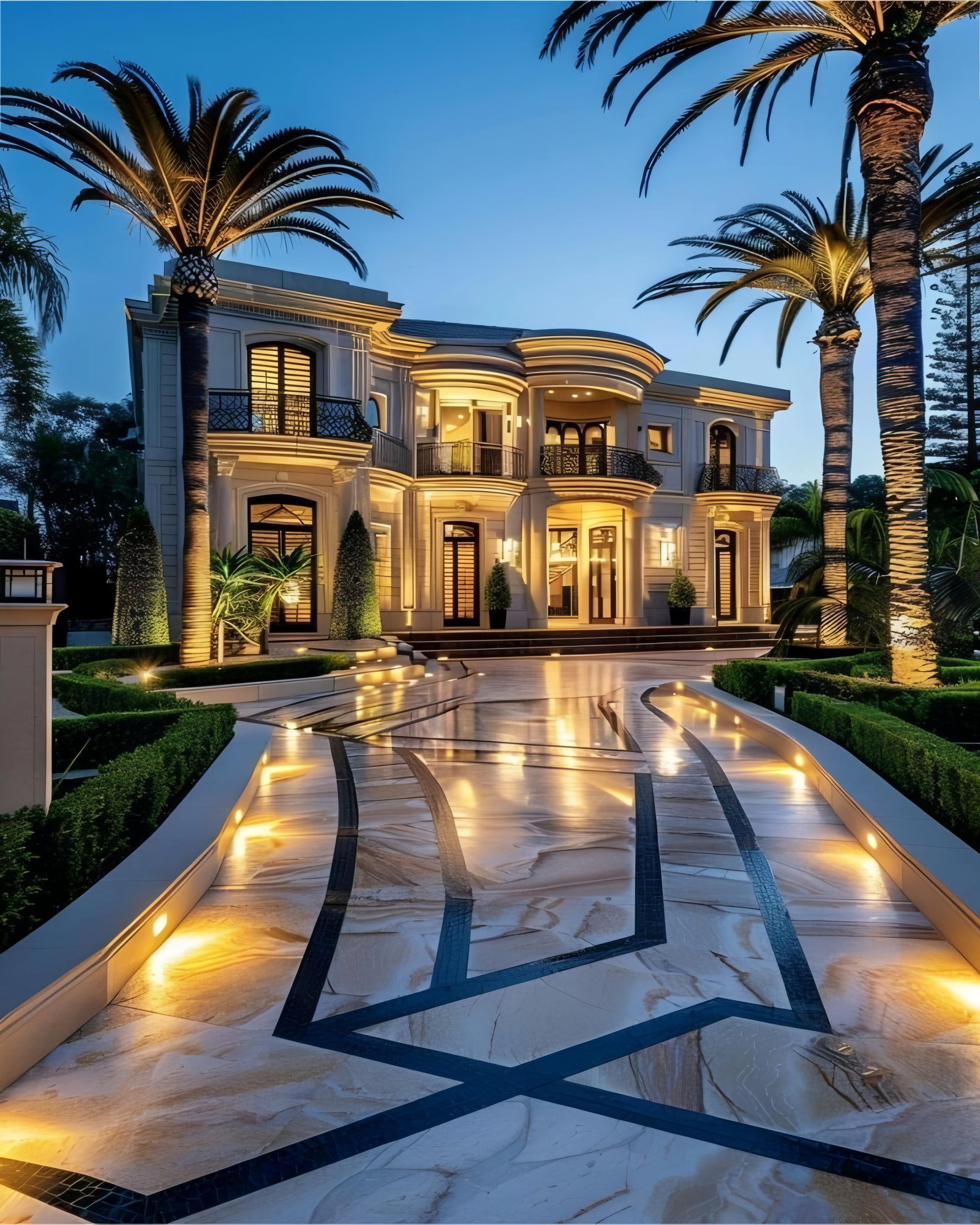
A Guide to Understanding Freehold vs. Leasehold Properties in Dubai
Understanding Freehold Properties
A freehold property means that the buyer has complete ownership of both the property and the land it is built on. This means that the owner has full rights to sell, lease, or pass on the property to heirs without any restrictions. In Dubai, freehold properties are available in designated areas known as freehold zones, which allow foreign nationals to buy and own property outright.
Freehold properties provide security and long-term benefits because they do not have an expiration date. Once purchased, the owner holds full rights over the property indefinitely. This makes freehold properties ideal for investors who want to own property permanently and have the freedom to manage it as they see fit.
One of the biggest advantages of owning a freehold property in Dubai is that it can qualify the owner for a residency visa if the property’s value meets the eligibility criteria. As per current regulations, investors who purchase a property worth AED 750,000 or more can apply for a residency visa, allowing them to stay in the UAE.
However, freehold properties also come with some considerations. They tend to be more expensive than leasehold properties, as buyers are purchasing both the property and the land it is built on. Additionally, maintenance and repair responsibilities fall entirely on the owner, meaning they must ensure the property is well-maintained.
Understanding Leasehold Properties
A leasehold property means that the buyer does not own the land but instead has the right to use the property for a specific period, typically ranging from 10 to 99 years. After the lease period expires, ownership of the property returns to the original landowner unless the lease is renewed.
Leasehold properties are often located in well-established areas of Dubai and are usually more affordable than freehold properties. This makes them a popular choice for residents who want to live in prime locations without the high cost of purchasing a freehold property.
One of the key benefits of leasehold properties is that major maintenance and repair responsibilities are often handled by the landlord. This reduces the financial burden on the leaseholder, making leasehold properties a more budget-friendly option. Additionally, because leasehold properties are available in some of the most desirable locations in Dubai, they provide buyers with access to high-end communities that might not be available as freehold zones.
However, there are limitations to leasehold ownership. Since the buyer does not own the land, they must abide by the terms of the lease agreement. This means that any major modifications or renovations to the property require approval from the landlord. Additionally, once the lease expires, the buyer must either negotiate a renewal or vacate the property. This makes leasehold properties less attractive to long-term investors who want complete control over their assets.
Key Differences Between Freehold and Leasehold Properties
The most important difference between freehold and leasehold properties is ownership rights. Freehold property owners have full ownership of both the land and the building, while leasehold property owners only have rights to the property for a limited time.
Another major difference is location. Freehold properties are available only in designated freehold zones, while leasehold properties can be found in more established areas of Dubai. This means that while freehold properties offer permanent ownership, they may not always be available in the most central parts of the city. On the other hand, leasehold properties provide access to well-developed neighborhoods but with restrictions on ownership.
Cost is also a key factor to consider. Freehold properties generally have a higher purchase price because they include land ownership. Leasehold properties, in contrast, are more affordable but come with renewal requirements that may involve additional costs over time. Investors looking for long-term gains and complete control over their assets might prefer freehold properties, while those seeking a lower upfront investment might find leasehold properties more appealing.
Another important consideration is maintenance responsibility. Freehold property owners are responsible for all maintenance and repairs, while leasehold property owners often have the advantage of shared maintenance costs with the landlord. This can make leasehold properties a more convenient option for those who do not want to deal with maintenance issues.
Which One Should You Choose?
The decision between buying a freehold or leasehold property in Dubai depends on individual goals and priorities. If you are looking for long-term ownership, investment security, and full control over your property, a freehold property is the best choice. It allows you to make modifications, sell, lease, or pass the property to your heirs without restrictions. Additionally, freehold properties offer visa benefits, making them an attractive option for foreign investors who wish to reside in Dubai.
On the other hand, if you prefer a lower purchase price, access to prime locations, and fewer maintenance responsibilities, then a leasehold property may be the better option. Leasehold properties allow buyers to live in some of the most desirable areas of Dubai at a lower cost, while landlords handle most major repairs. However, buyers must consider the lease duration and potential renewal costs before making a decision.
Legal Aspects of Buying Freehold and Leasehold Properties
The legal process for purchasing a property in Dubai varies depending on whether it is freehold or leasehold.
For freehold properties, foreign nationals can buy property in designated freehold zones. The transaction process involves signing a Memorandum of Understanding (MoU) between the buyer and seller, making the required payments, and registering the property with the Dubai Land Department (DLD). Once registered, the buyer receives a title deed, confirming full ownership of the property.
For leasehold properties, buyers must enter into a lease agreement with the landowner. The terms of the lease are legally binding, and the buyer must adhere to the conditions set by the landlord. In most cases, the leaseholder is required to make an upfront payment for the lease period, along with any associated service charges.
Final Thoughts
Choosing between freehold and leasehold properties in Dubai is an important decision that requires careful consideration. Both options come with their own benefits and limitations, and the right choice depends on factors such as budget, location preferences, and long-term investment goals.
If you want permanent ownership, complete control, and potential residency benefits, a freehold property is the best option. However, if affordability, prime location, and lower maintenance responsibilities are more important, then a leasehold property could be the right choice. Before making a purchase, it is advisable to consult with a real estate expert or legal advisor to ensure you understand all the terms and conditions associated with the property. With the right information and guidance, you can make a well-informed investment in Dubai’s thriving real estate market.






Leave a Reply
Comments